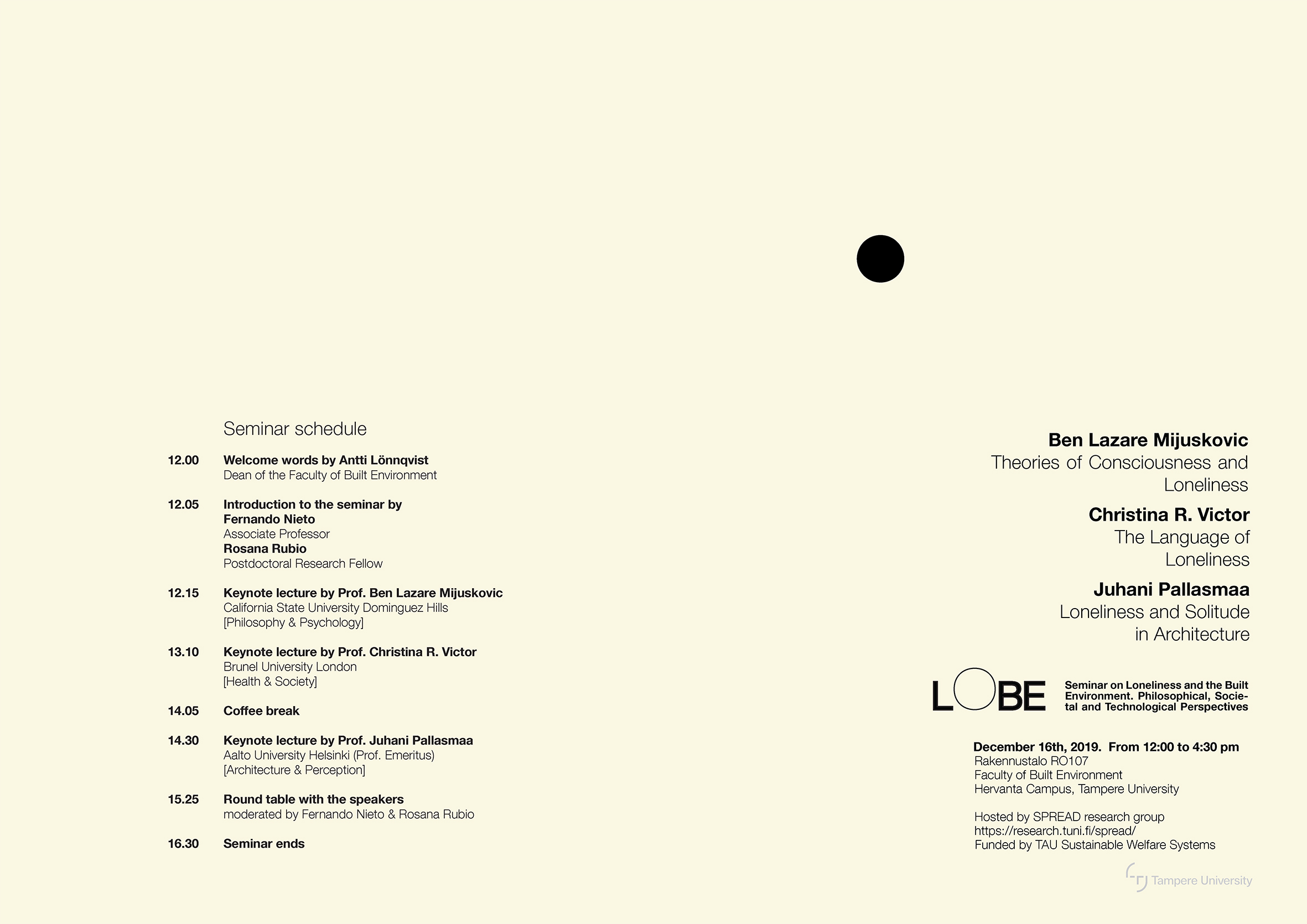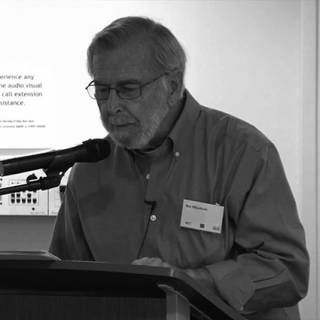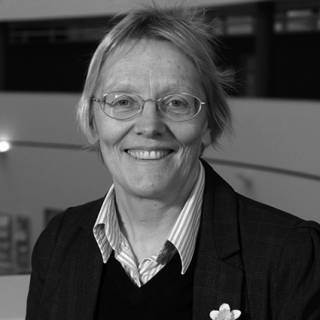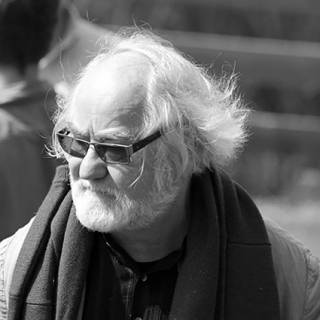
Held at the Tampere University Faculty of Built Environment in December 2019
Hosted by SPREAD research group at the Tampere University School of Architecture
Organisers: Fernando Nieto, Rosana Rubio
Funded by the Sustainable Welfare Systems research initiative
“I believe all human feeling and thinking can be ‘charted’ between two poles: loneliness and the desire to belong. The only human absolute is loneliness, and all else emanates from it and is dependent on that source”.
B.L. Mijuskovic, ‘Feeling Lonesome: The Philosophy and Psychology of
Loneliness’
Nowadays, there are broad sectors of society that, for various reasons, are suffering from loneliness. Even this situation is being perceived as a kind of epidemic. It is pertinent to analyse this phenomenon to understand if this situation does not really belong to a normality, which has not been sufficiently understood and managed. There is no doubt that loneliness is at the heart of most psychiatric illnesses and has an inextricable relation to hostility and, as such, we should confront it. It is also true that current socio-economic, political, environmental and technological premises are triggering undesired situations that are increasing the loneliness feeling in society.
Nonetheless, loneliness could also be considered not as an illness but as a feeling consubstantial with human condition. It is both a universal experience (we all are individual beings), and a private one (because of the personal, qualitative variations on how each person feels lonely). There are nuances, ambiguities and the depth and complexity of emotions form a psychological perspective.
There are varied and conflicting philosophical explanations of the phenomenon. On the one hand, there is the point of view of materialist, behaviourist and empiricist paradigms, which consider that loneliness is caused by contextual factors, therefore being a contingent and transient experience. Whereas, on the other hand, there are other traditions that consider the lonesome feeling as an innate, permanent and unavoidable condition generated by the activity of consciousness. All in all, we seem to lead to grasp that we are facing an extremely intricate phenomenon.
Counter the feeling of loneliness in its negative consequences, on the view of its complex nature, is a systemic problem due to multiple causes, ranging from individual cognitive capabilities and affective motives to the tensions and contradictions in the social and physical environments we are immersed in. From our perspective as architects, we ask ourselves if architecture could be defined as the environment were the Mijuskovic’s two human poles of loneliness and the desire to belong are negotiated. It is this reading of architecture what has motivated the very idea of the ‘Loneliness and the Built Environment: Philosophical, Societal and Technological perspectives’ seminar we are organizing at Tampere University.
The topic we are addressing is very much aligned with the research interests of the Spatial and Speculative Research in Architectural Design (SPREAD) research group at Tampere University (TAU), Faculty of Built Environment (BEN). Its work focuses on interpreting space as the core of architectural practice, speculating and reflecting on spatial qualities in architecture by exploring contemporary societal needs encompassed with disciplinary theories. In this sense, we are very much interested in tackling the problem of properly designing the spatial gradation between the privacy and community poles, which relates to the feeling of loneliness as we are describing it herein.
We ask ourselves questions such as how the built environment enhances the creation of intimacy ties helping us overcome our insularity. Being this a relevant issue, knowing from psychologists that the sense of trust in others and the development of empathy are the highest goals and protections against loneliness, investigation on emerging building typologies such as new hybrid solutions could tie into this discussion. Likewise, we are interested in how the environmental conditions are able to enhance people’s intentionality, enabling or cancelling their capacity to undertake positive personal purposes and agency, which are also acknowledged as tools against the feeling of loneliness. Issues of accessibility, ergonomics or spatial readability are at stake here.
The one-day seminar we celebrated on December 16th, 2019 at TAU BEN, was to feed two ongoing multidisciplinary research projects led by SPREAD, which are framed in the context of loneliness. Both projects focus specifically on the inherent contradiction in Ambient Assisted Living technologies that, on the one hand, aim to solve a social requirement of independence, autonomy and active life when ageing and, on the other, pose the risk of an increase in the sense of loneliness in old people.
The seminar elaborated on the possible spatial implications of the loneliness feeling within the framework of current philosophical, societal and technological premises.
LOBE has been possible thanks to the TAU Sustainable Welfare Systems (SWS) research initiative. SWS’s goals are to strengthen TAU’s research profile on welfare systems; to provide an arena in which all three focal areas of TAU (health, society and technology) are integrated producing high scientific quality and policy-relevant research; to develop new ways of working across disciplinary and organizational boundaries; to expand beyond the academia by reaching out to the society; and to collaborate with the key stakeholders in the field. SWS is a four-year research initiative funded by the Academy of Finland.
Keynote speakers

Ben Lazare Mijuskovic is Professor of Philosophy and Humanities at California State University, Dominguez Hills. He does research in Applied Philosophy and History of Philosophy in the Humanities Department. He did his undergraduate work at the University of Chicago and holds a MA in Literature and a PhD in Philosophy, both from the University of California at San Diego. His current project is ‘Consciousness and Loneliness’, published by Brill. While current research claims that loneliness is passively caused by external conditions and hence transient and avoidable, by contrast, he argues that loneliness is actively constituted by acts of reflexive self-consciousness (Kant) and transcendent intentionality (Husserl) and it is therefore universal and unavoidable. Mijuskovic’s work employs an interdisciplinary and history of ideas perspective including philosophy, psychology, sociology, literature and theology. He is a licensed clinical social worker (LCSW) and is a retired Los Angeles County Department of Mental Health therapist.

Christina R. Victor is Professor of Gerontology and Public Health and Vice Dean (Research) in the College of Health and Life Sciences, as well as the Ageing Studies Theme Leader in the Institute of Environment, Health and Societies, both at Brunel University London. She started her academic career as a geographer with a particular interest in the spatial distribution of health and illness and access to, and provision of, health and social care. She holds a BA in Geography from Swansea University and a M Phil in medical geography from Nottingham. It was whilst working at the Medical School in Cardiff that she developed her interests in gerontology and her PhD investigated outcome after discharge for older people in Wales. She now focuses her interests in public health/population medicine on to the experiences of old age and later life.

Juhani Pallasmaa is Professor Emeritus of Architecture, former Dean at the Helsinki University of Technology and former Director of the Museum of Finnish Architecture. He holds a Master of Science in Architecture from Helsinki University of Technology and an Honorary Doctorate from Washington University in St. Louis. He has written numerous articles on cultural philosophy, environmental psychology, phenomenology, and theories of architecture and the arts. Among Pallasmaa’s many books on architectural theory is ‘The Eyes of the Skin: Architecture and the Senses’, a book that has become a classic of architectural theory. He has lectured widely in Europe, North and South America, Africa and Asia. Pallasmaa has practice as an architect, building both residential and public buildings, since 1983, when he established his architecture firm in Helsinki, Arkkitehtitoimisto Juhani Pallasmaa K.
